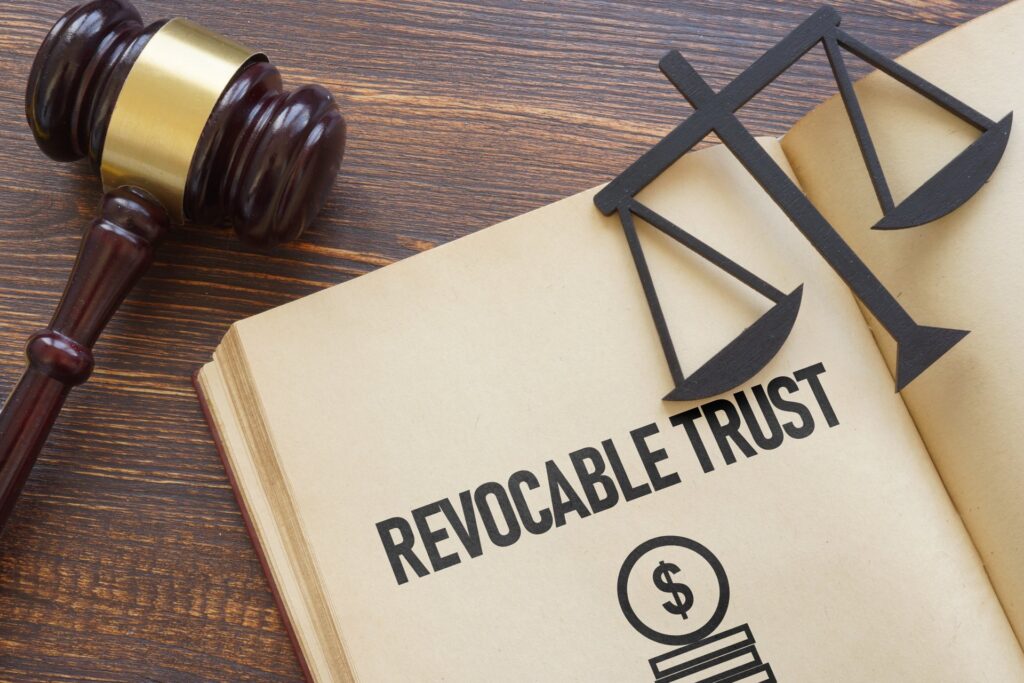
Planning for a future that you will not live to see can be a difficult task. When you sit down to prepare your last will and testament, you will be faced with many weighty and emotional decisions, and many people put off this process for as long as they can. While it may never quite feel like the “right” time to put your will together, it is a crucial step in making sure that your loved ones are protected and that your wishes are honored after you depart. Let’s take a look at what happens to your finances and other assets after you pass away, and examine some key reasons why putting a will in place is the smart and savvy move to make.
Understanding Washington State Probate Laws
When you pass away, you are leaving behind assets, such as property, money, stocks, and perhaps some outstanding debts. Each state has laws in place that determine how your remaining assets and debts are divided, depending on whether you have left a will behind. If you do not put a will in place, you die “intestate,” meaning that the Washington probate court will step in to oversee the administration of your estate. As Washington is a community property state, whatever assets the court determines that you shared with your spouse are transferred to that spouse. Any remaining individual assets will likely be divided up among your spouse and your children, if you have them. While the court will attempt to divide your estate in a fair manner, without a will, you will not be able to exert any control over the process or make your wishes known. Instead, the judge will have the final word about what items or assets pass to whom—an imperfect process that can sometimes lead to bitter arguments among grieving family members.
A Will Makes Your Wishes Known
The major benefit to putting a valid will in place is maintaining control over how you’d prefer your estate to be handled after you are gone. When you put your vision into a legally binding document, you can trust that your wishes will be honored with minimal opportunity for conflict to arise among your surviving family members. However, it is essential that you create a valid will with the assistance of a knowledgeable and experienced estate planning attorney. Some individuals think that verbally sharing your intentions with your loved ones or leaving a hastily scribbled note will be enough to validate your final wishes, but this is not the case. In order for a will to be valid, it must be signed by you while you are in the presence of two neutral witnesses, who must then also provide their signatures. Similarly, if you decide to make changes to your will later on, you must also go through this same validation process.
People From all Backgrounds Benefit From Creating a Will
A fairly common misconception about wills is that only individuals with substantial financial assets need to create a will. However, this simply is not true. Wills do not only dictate what happens to your assets and your estate after you pass away, but they also clarify who will serve as your executor (the person who will carry out all of your specified wishes). If there is no will that nominates someone to serve as your executor, then the court will appoint one for you. In some cases, a creditor may petition the court to serve in this capacity, which can create huge complications for your surviving family members. Also, a will contains instructions about who will serve as the guardian of your child or children in the case that you pass away before they turn 18. So, even if you do not have millions of dollars at stake, it’s still important to create a will that nominates those you trust to protect your family’s interests after you are gone.
To learn more about why creating a will is one of the best actions you can take today to protect your family’s future, contact the dedicated estate planning attorneys at Legacy Law Group by calling (509) 315-8087.




